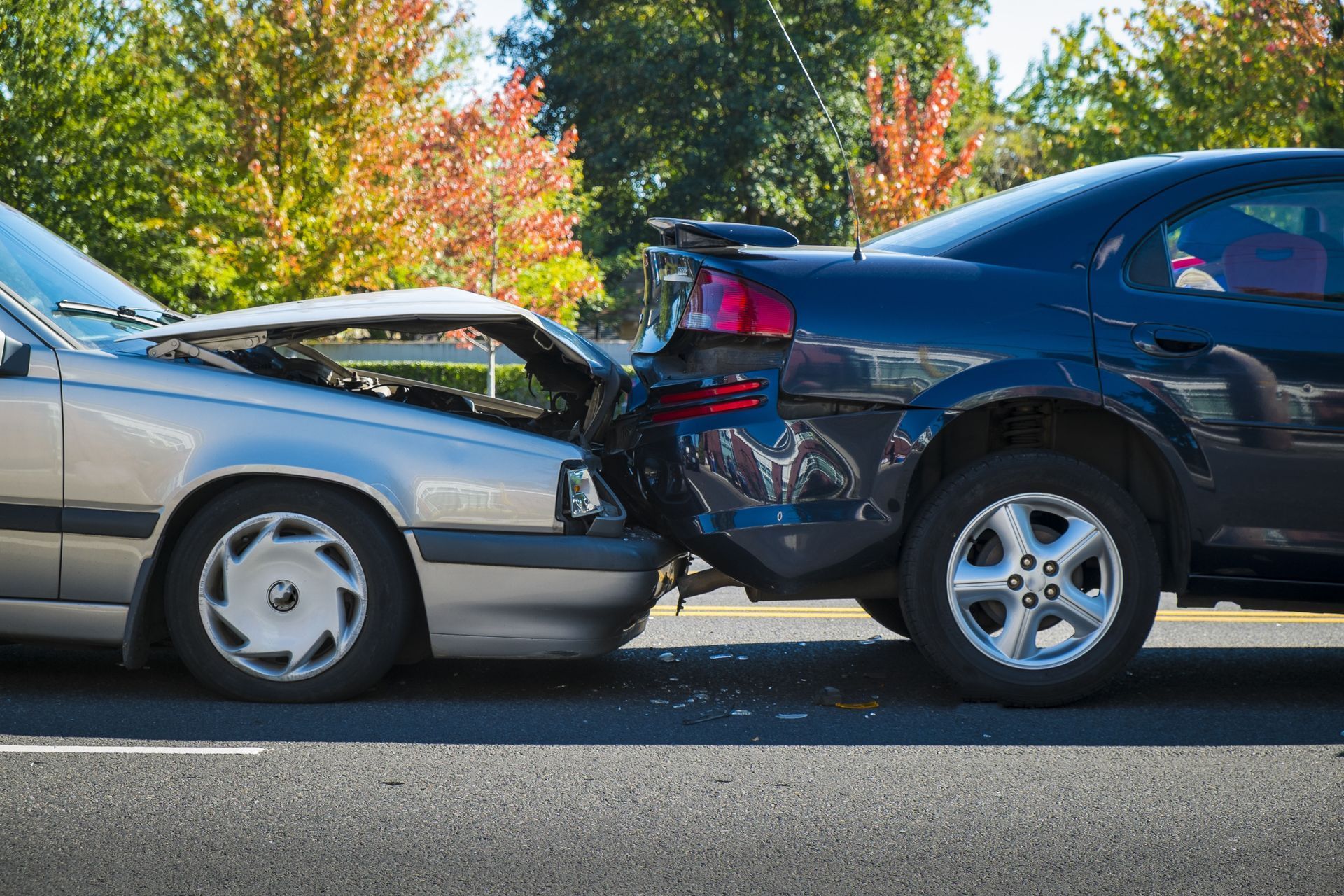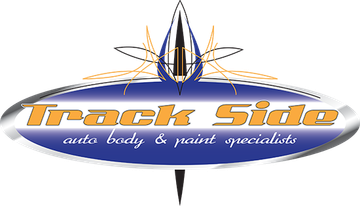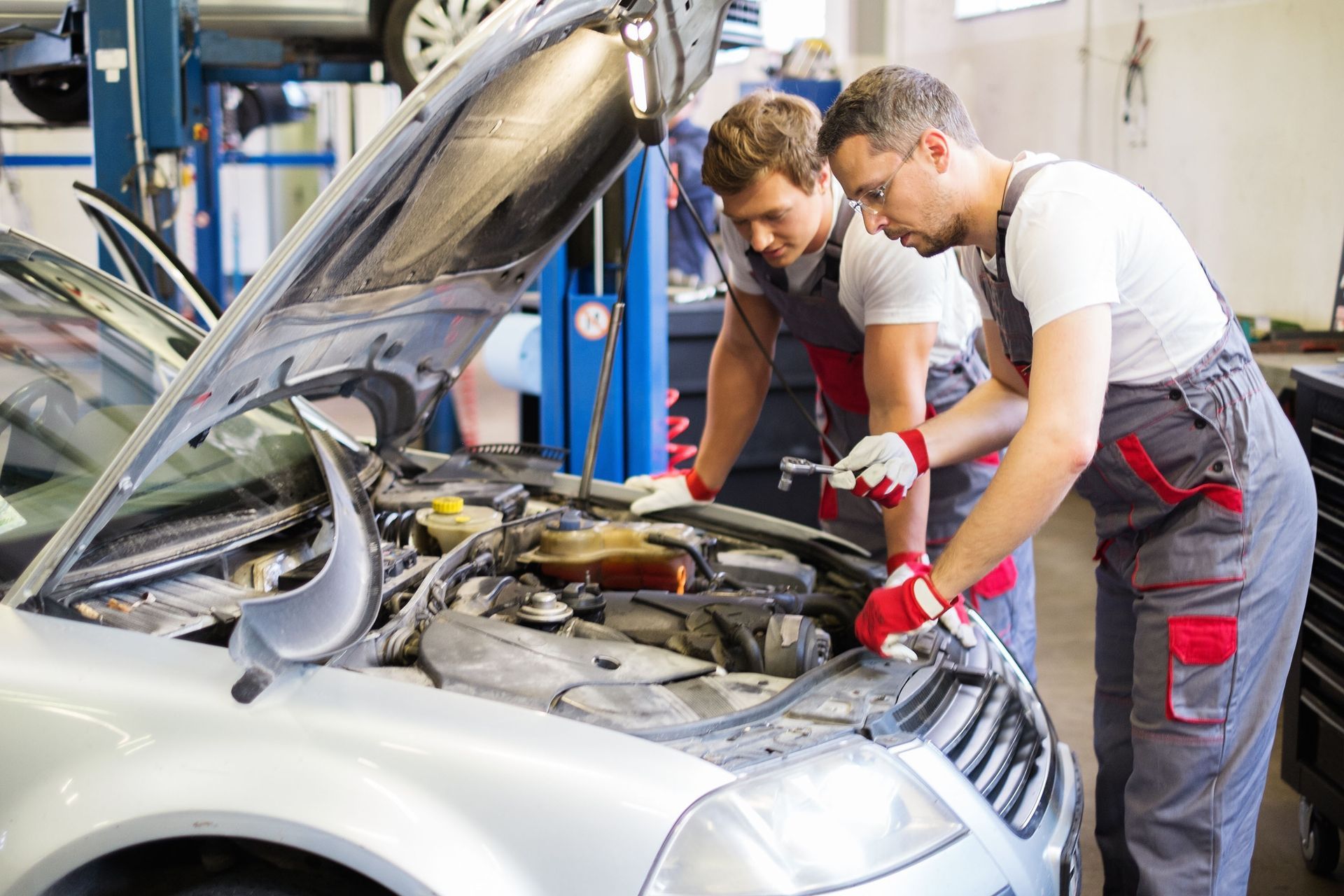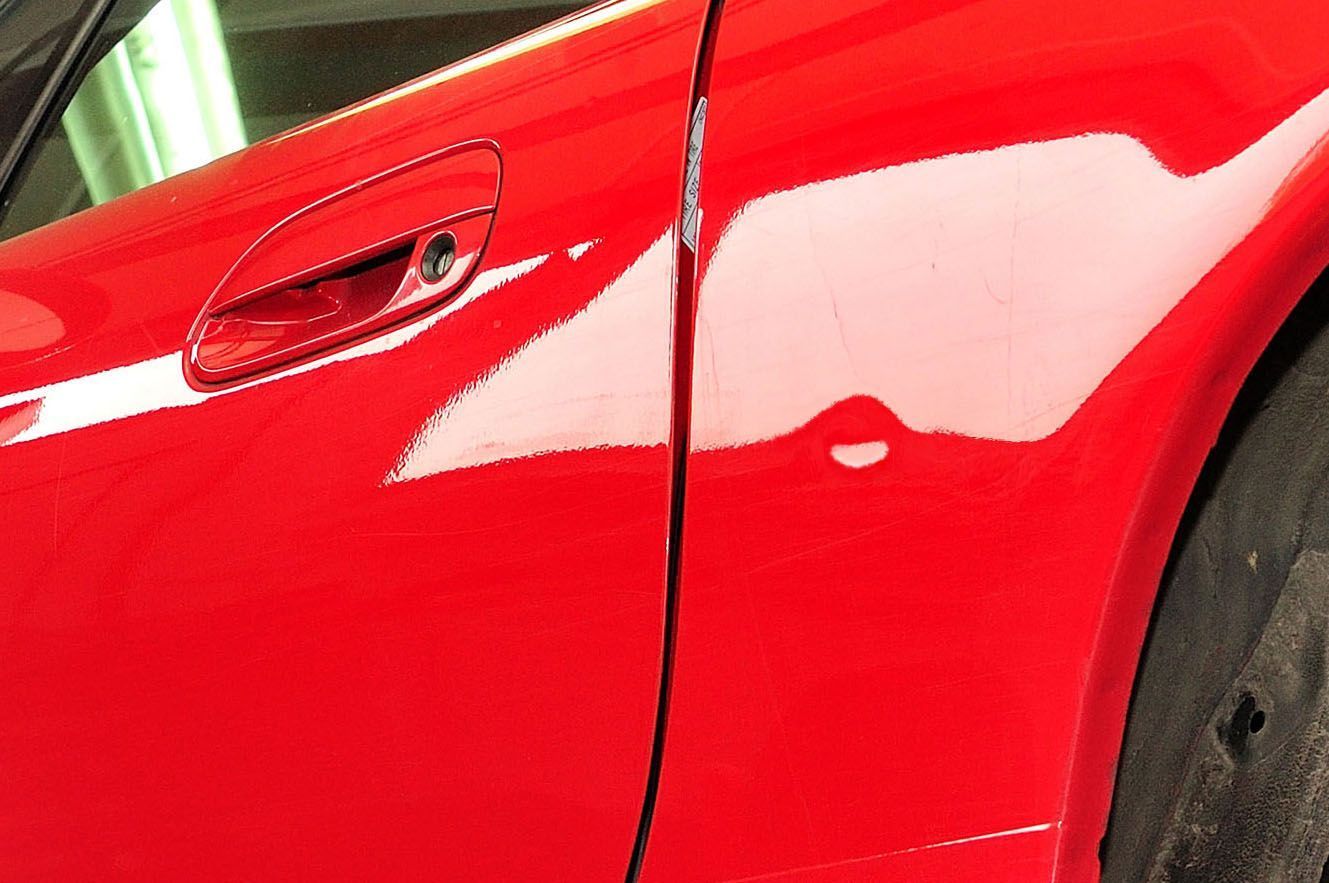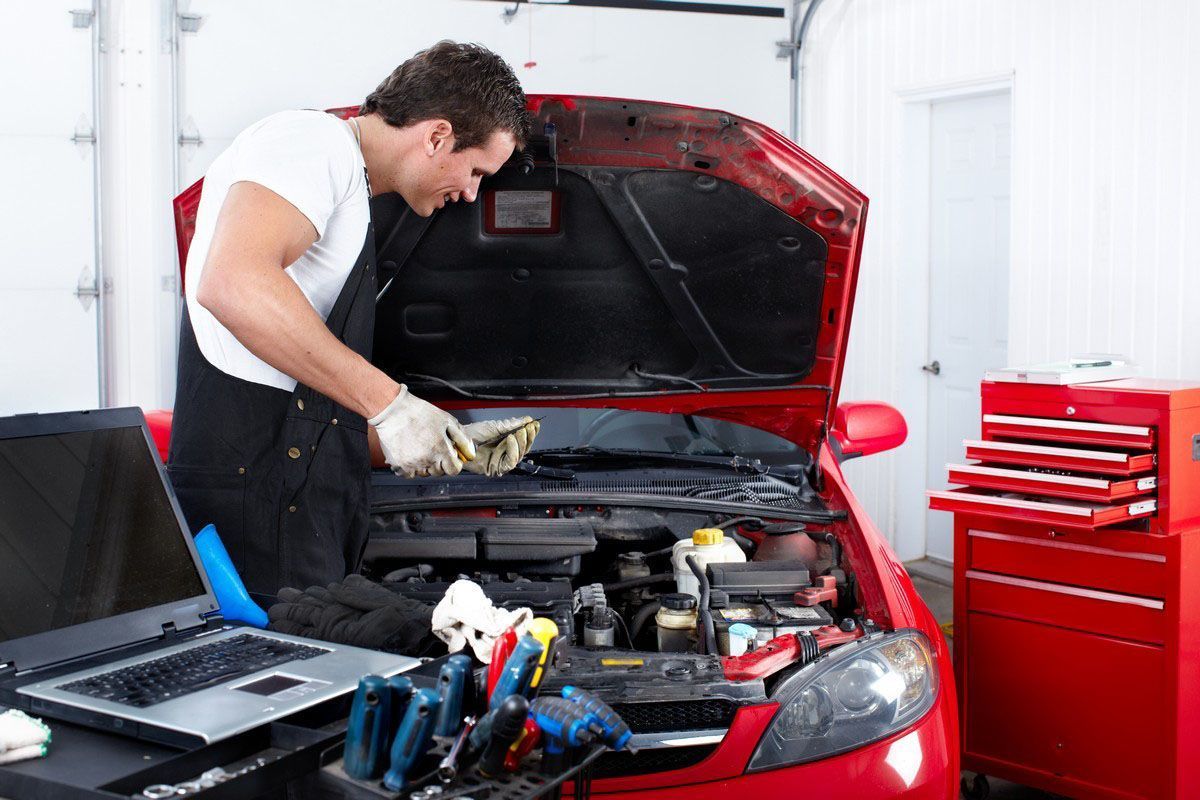August 29, 2025
Car collisions often impose immediate challenges and stress upon those involved, and the temptation to delay repairs is understandable when faced with prioritizing daily responsibilities. However, postponing these necessary repairs can lead to a cascade of unforeseen complications and expenses. Timely attention to car collision repairs is crucial, and understanding the hidden costs associated with procrastination highlights the financial, safety, personal, and environmental impacts at stake.
1. Immediate Financial Implications
The financial implications of delaying car collision repairs manifest almost immediately, impacting costs and insurance. Repair costs can escalate dramatically over time as minor issues become compounded. Simple, superficial dents or scrapes might seem innocuous, but they can hide deeper problems that grow, escalating the eventual expense significantly. Furthermore, most insurance policies require timely claims, and failure to address repairs swiftly can risk coverage issues or result in higher premiums due to greater damage assessments. To prevent financial headaches, understanding how delays magnify repair costs is essential.
Additionally, insurance premiums may increase if crucial repairs are not promptly addressed. Insurance companies may perceive delayed repairs as negligence, which can affect their willingness to cover future incidents fully. Maintaining a clean and active status with your insurer relies on showing responsibility in handling collision issues promptly. Higher insurance premiums are a consequence of delayed repairs, a consideration that often escapes those dealing with long-term vehicle damage. Addressing repairs on time demonstrates reliability to the insurer, keeping premium costs manageable.
Furthermore, the value of the vehicle decreases significantly if collisions aren’t promptly attended to. A car left unrepaired projects neglect, which can scare off potential buyers or appraisers. Repairing collision damage swiftly helps preserve the market value of your car, keeping it in optimal condition for trade-ins or direct sell-offs. Addressing these issues immediately also prevents accumulated damage that could lead to more substantial depreciation. Moreover, addressing these hidden damages in time ensures the vehicle retains its structural integrity, which is crucial in maintaining its worth.
2. Safety Compromises
Delaying car collision repairs compromises safety, posing significant risks to the driver and passengers. Damage from a collision can interfere with critical safety systems like airbags, potentially impairing their functionality in another accident. A car compromised by collision damage is more likely to display faults that threaten the well-being of inhabitants. Understanding that most vehicle systems are interconnected helps illustrate why unchecked damage can lead to broader operational malfunctions. To protect oneself and loved ones, addressing damage before it escalates is crucial.
Moreover, damage to structural integrity can leave your vehicle vulnerable to future accidents. A compromised structure doesn’t have the same ability to absorb impact, increasing the risk of injury during further collisions. Aesthetically hiding damage can instill a false sense of security, luring one into neglecting necessary repairs while unknowingly compromising safety. The peace of mind provided by correcting and reinforcing vehicle structures can significantly enhance daily usage. Drivers and passengers should prioritize safety, which often starts with timely collision repair.
In addition, delaying repairs can exacerbate issues with visibility and control. Damaged mirrors and lights affect visibility, reducing a driver’s ability to gauge surroundings, compounded dangerously in conditions such as fog or rain. Misalignment from a collision could cause tire and brake issues, affecting the vehicle's ability to respond promptly to driving commands. According to Haygood Cleveland Pierce Thompson and Short, more than 90% of car crashes are caused by human error, magnified by issues like impaired visibility and control. Given these risks, prompt repair choices can avert future accidents.
3. Long-term Damage to Vehicle Components
Neglecting car collision repairs can lead to extensive long-term damage to essential vehicle components. Engines and transmissions are particularly susceptible to issues following a collision, often impacted by unseen damage. Without repairs, strains on these systems can exacerbate malfunction, leading to costly overhauls or replacements. Prolonged neglect often results in symptoms such as reduced efficiency, unusual noises, or even breakdowns. Preventative repairs preserve these components and extend the vehicle’s operational lifespan.
Furthermore, the collision can result in specific vulnerabilities like exhaust system rust due to shifted or exposed parts. A collision can move parts from their original positions, leading to friction wear and increased exposure to moisture. Left unchecked, this can expedite corrosion, ultimately leading to exhaust leaks or failures. More often than not, simple shifts or seals compromised during a collision might evolve into more significant replacements if not promptly managed. Addressing exhaust integrity after a collision is fundamental to avoiding long-term costs.
Additionally, collisions can negatively impact electrical systems within the vehicle. Electrical issues can manifest in various ways, from draining the battery rapidly to the malfunction of systems like infotainment and lighting. Over time, neglected repairs can lead to significant electrical failures that are both difficult and costly to diagnose and repair. Regular checks following collisions ensure all components, including complex electrical wiring, receive timely attention. Proper checks can alleviate small issues before they balloon into major, expensive problems later.
4. Impact on Resale Value
The resale value of a vehicle can be drastically reduced if collision damage is left unaddressed. Sellers often experience negative buyer perception of visibly damaged vehicles, perceiving them as neglect or abuse. Buyers are wary of potential hidden issues in vehicles with unrepaired collision damage, which directly impacts resale appeal. Up-to-date repairs and a solid maintenance history are vital in maintaining a vehicle’s resale value.
Beyond perception, unrepaired vehicles face reduced market demand as buyers often prioritize vehicles with a clean history. A failure to repair not only reduces the number of interested parties but also often detracts from the competitive nature among potential buyers. The depreciation in demand influences overall commands in price, making it challenging to get the desired value. Clear documentation of timely repairs enhances trust and raises attraction levels, leveraging a market-competitive edge.
Additionally, presenting a car with remaining collision damage often results in lower trade-in offers. Dealers are aware of the repair cost implications and will account for necessary repair deductions in their offers. Unrepaired collision damage impacts assessments significantly when trading up or considering alternatives. Providing repairs ensures the vehicle presents well during valuations and negotiations, enhancing opportunities for favorable trade-in values.
5. Personal Stress and Inconvenience
Delaying car collision repairs can lead to increased personal stress and disruptions to daily life. Dealing with a visibly compromised vehicle can heighten anxiety levels, reflecting concerns over safety and eventual costs. The constant need for vigilance and awareness of potential vehicle failures takes a toll on the driver’s mental state, directing energy away from daily obligations. The anticipation of dealing with repairs eventually adds to the stress, accumulating unnecessarily. Timely repairs can prevent this ongoing stress, leading to a more peaceful driving experience.
Furthermore, the need for sudden adjustments and unforeseen scheduling conflicts when issues worsen can prove highly inconvenient. A delayed repair can transform minor inconveniences into significant disruptions at inopportune times. Balancing these unpredictable repairs with scheduling obligations like work or family life is challenging and stressful. By tackling repairs promptly, drivers can avoid last-minute inconveniences and ensure they stay on top of their life schedules. Planning early repairs also ensures easier management of responsibilities and routines.
Delaying car collision repairs can lead to a broad array of hidden costs that extend beyond immediate financial burdens. Unaddressed repairs can result in increased financial liabilities, compromise driver and passenger safety, and introduce personal stress and environmental consequences. Contact Track Side Auto Body
